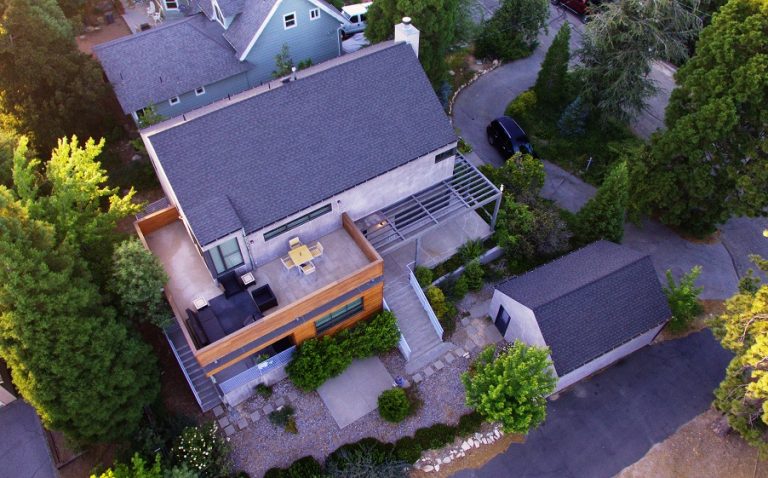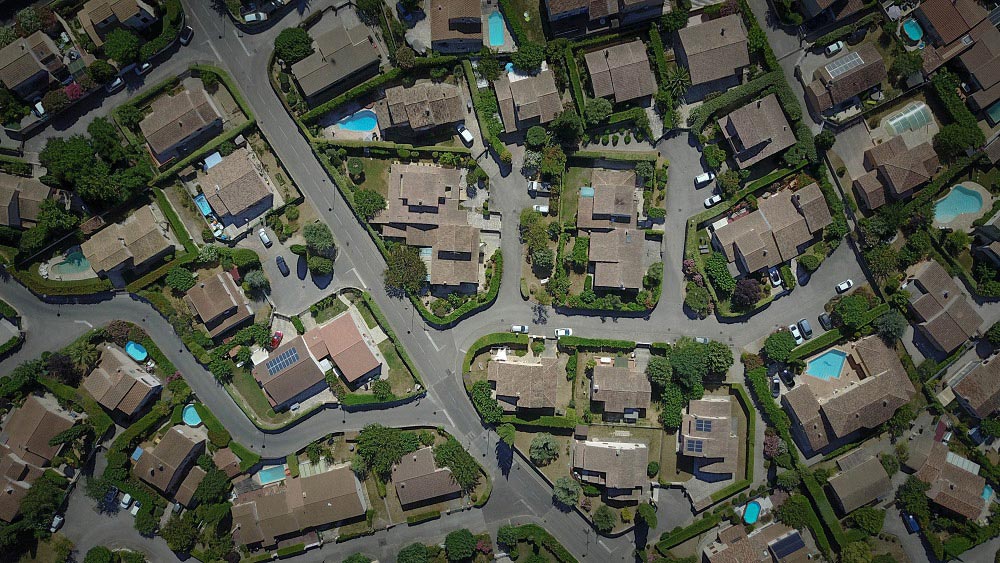How To Sell Your Home For More Money

If you’re looking to sell your home, or are just curious about what it’s worth, you’ve probably looked at neighborhood sales comps or even spoken to a local realtor. While these things are helpful, you may not be getting the full market picture and might be undervaluing your home.
Here’s why: your house may be worth more to a home investor than a traditional homebuyer. As such, you should try to figure out what your home is worth as a rental or investment property. If you’re wondering “how much will an investor pay for my house?”, we’ve got the answers.
Apartment Property Valuation has rolled out a new tool specifically to help homeowners find the value of their home to property investors.
Real estate home investors look at multiple factors when assessing properties. In order to learn how to sell your home for more money and get a better idea of what real estate investors would pay for your home as an investment property, here are some general questions to consider:
What’s the income-generating potential?
There are various things that inform this, including how much the home can command in rent and how strong the demand is for it. If you live in a market with low vacancy rates, this could push the price higher. Or if your home is in a location with high year-round vacation demand, that could also signal potential high potential income generation, which gives you more leverage.
What’s the condition of the home?
High quality construction and appealing features often mean the home will not only rent out more easily, but also attract more premium renters. It’s not a guarantee, but if renters are content with the home, and are satisfied with the neighborhood amenities, they’re more likely to stay, bringing down vacancies, which also makes your property more valuable.
What are the potential expenses for home investors?
While operating expenses – property insurance, management and maintenance fees, utility costs – are relatively set, every home has out-of-pocket expenses. A newer home in top condition means expenses will likely be lower because things are in good working order. If there’s little concern about sinking money into renovations and repairs, you could fetch a higher price.
What are other considerations for property investors?
A prime neighborhood – one that is safe, attractive and accessible – makes properties within it a better investment. A home in walking distance to shopping and restaurants or a design by a well-known architect could drive value up even further.
All of these factors go into determining the property’s cap rate – the ratio of net rental income to the purchase price, which is always essential for real estate investors to consider when determining the value of a property.
The more you look at your property through the eyes of a real estate property investor, rather than just assessing comparable sales or per-square-footage value, the clearer picture you’ll have of its true value.
Give APV’s new Home Rental Value tool a shot. Your home may be worth more than you think!

